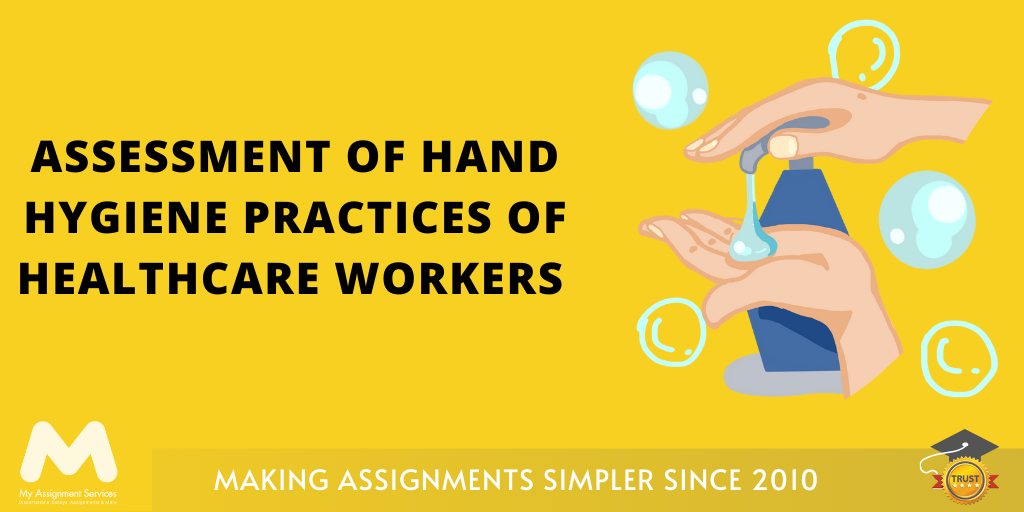
Hand hygiene has been a fundamental step in healthcare, but surviving the pandemic has taken its importance to new extremes. Many would argue that hand hygiene isn’t enough to stop the spread of infection and that more precautions should be imposed. But, a 2016 research conducted by CDC (Centre for Disease Control and Prevention) proves that hand hygiene is one of the prime infection prevention measures among dentists.
World Hand Hygiene day falls on the 5th of May every year, and this year’s theme was Unite for safety: clean your hands.
Healthcare professionals are most vulnerable to the spread of infections as they spend time in patients’ diagnosis and care. There are several mediums for infection spread, but the most are through skin contact. Hence, hand hygiene compliance is one of the key elements of healthcare facilities' service quality guidelines. Hospitals or healthcare institutions can contribute to the national data for the same.
Read forth to get more data on the same and hand hygiene practices assessment answers from subject-matter experts.
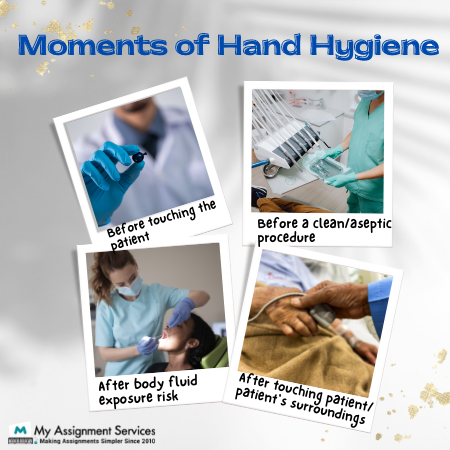
What are the five moments of Hand Hygiene in Healthcare Environments?
The need for hand hygiene has resulted in healthcare workers washing their hands multiple times; some even do it a hundred times a day. Hence WHO (World Health Organisation) developed moments of hand hygiene. These are the moments when healthcare workers must wash their hands to lower the risk of transmission of disease-causing microbes. The prime objective is to stop the spread of any infection.
1. Before touching the patient
Cleaning hands before touching the patient is important to prevent them from getting infected by the infections transmitted by healthcare professionals. Clean heads during a handshake, helping the patient move, or clinical examination is a must.
2. Before a clean/aseptic procedure
Before inspecting the patient’s wounds or cleaning procedure, the healthcare professional must wash/clean their hand to prevent HcAI (Healthcare-Associated Infections). Patients are highly vulnerable to infections in such a state, so proper hand hygiene practices are necessary.
3. After body fluid exposure risk
Healthcare professionals, especially nurses, can come in contact with the patient’s body fluids - saliva, blood, etc. These body fluids or enzymes can act as an agent for the spread of infection. Washing hands after such an instance is useful for preventing spread.
4. After touching a patient
Patients carry infectious pathogens, and anyone who comes in contact with the - healthcare workers, patient’s family, visitors - must clean their hands after touching the patient or coming in contact with them.
5. After touching the patient's surroundings
Patients' immediate surroundings and surfaces also contain various disease-causing microbes. So it would be best if you washed your hands even after touching the surfaces around the patient.
Proper hand hygiene controls infection spread by 50 per cent of infections acquired during healthcare service. - WHO (World Health Organisation)
Healthcare professionals are exposed to many diseases, and even a small negligence can cost them to get infected with a disease they might’ve diagnosed. Washing hands frequently can cause dry hands and wear out the skin gradually. Using alcohol-based sanitizers is also useful. This concept will be useful in writing hand hygiene assessment answers.
Hand hygiene is an important concept for nurses as they are the most contact with the patients. As a nursing student, you will write various assignments - case studies, clinical lab reports, reflection essays, etc. To complete your nursing assignment, you can get nursing assignment help from experts. Fill out the enrollment form to get affordable expert assistance and free academic resources.
How can Healthcare Facilities Improve Hand Hygiene Compliance?
Many healthcare workers come in contact with the patient and are frequently surrounded by patients, used medical equipment, etc. It can cause them to be the unintentional carrier of various infectious microbes that can infect other patients. Here's how hospitals can effectively monitor and improve hand hygiene compliance:
Awareness and Education Campaigns
Doctors, nurses and other healthcare staff must be aware of hand hygiene guidelines. Frequent hand hygiene education/awareness programs must be conducted for all the hospital staff members.
Communicating with the team
Team leaders or heads should freely communicate with their team about the cases they are handling and how dangerous it can be for them. Monitoring the hand hygiene practices if necessary.
Keeping the staff accountable
The hospital staff must be held accountable for failing to meet the compliance measures. In case of infection spread or other issues caused due to non-compliance to the hand, hygiene measures must be dealt with effectively.
Patients' family contribution
Patients and their families can help improve hand hygiene compliance by asking the healthcare worker directly. They may ask if the healthcare worker washed their hands or ask them to wash their hands in case of non-compliance.
Of every 100 patients globally, 15 in developing countries and 7 in developed countries are most likely to develop a HcAI (Healthcare Associated Infection). - WHO (World Health Organization)
The covid crisis has resulted in an increased need to clean hands frequently. Hand washing can be very effective in decreasing the spread of infections. Still, one can wash their hands so many times, and hence hand sanitiser is also effective in reducing germ infestation. But, washing hands is still advised when hands are soiled or before/after surgery.
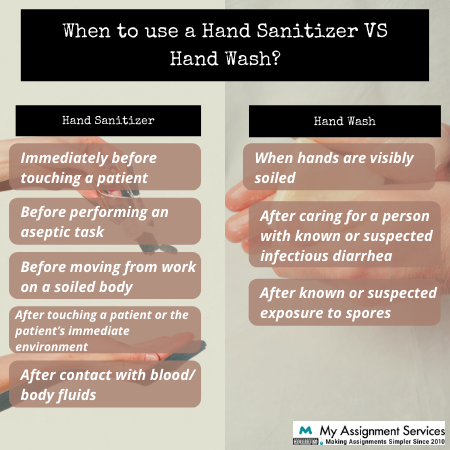
How Effective are Hand Hygiene Practices in Healthcare Settings during the Pandemic?
Hand washing has always been a core step of the infection prevention measure in a healthcare setting. Twelve years after introducing WHO’s Multimodal Hand Hygiene Improvement Strategy, we faced circumstances that instilled hand hygiene as a life-saver for many. WHO also released official guidelines in 2020 for handwashing to stop the spread of Coronavirus.
The virus spreads with direct/indirect contact between people and surfaces. To prevent the spread, WHO (World Health Organisation) advised washing hands after sneezing or coughing, before preparing food, caring for the sick, and after using the restroom. Also, after touching common surfaces - door knobs, elevator buttons, etc. - and after visiting public places.
According to (AIHW) Australian Institute of Health and Welfare reports, in 2021, SABSI (Staphylococcus aureus bloodstream infections) spread was 0.8 cases per 10,000 days in 2019-2010. There were 150,000 hospitalisations due to infectious diseases in the same period, and national hand hygiene compliance was over 88%.
One million out of the 4.1 million mother and neonatal casualties worldwide per year are due to unhygienic birthing practices, especially a lack of hand hygiene. - WHO (World Health Organisation)
In conclusion, hand hygiene compliance increased due to covid crises around the globe. Hand hygiene is necessary to keep the patients and the healthcare staff safe from the infestation of any disease-causing microbes. A step as small as cleaning your hands can ensure the safety of many, so abiding by hand hygiene is very important. When writing hand hygiene assessment answers, you will come across such concepts.
Nursing students must submit assignments, reflection reports, case studies, clinical lab reports, research papers, etc. You will have to complete all theses throughout your course and practice, get expert help to complete all these, and get added access to free academic resources. Fill out the enrollment form to get affordable nursing assignment help.
Related Study Materials
Our Experts can answer your Assignment questions instantly.
Ask Question0 Comment
Get It Done! Today
1,212,718Orders
4.9/5Rating
5,063Experts





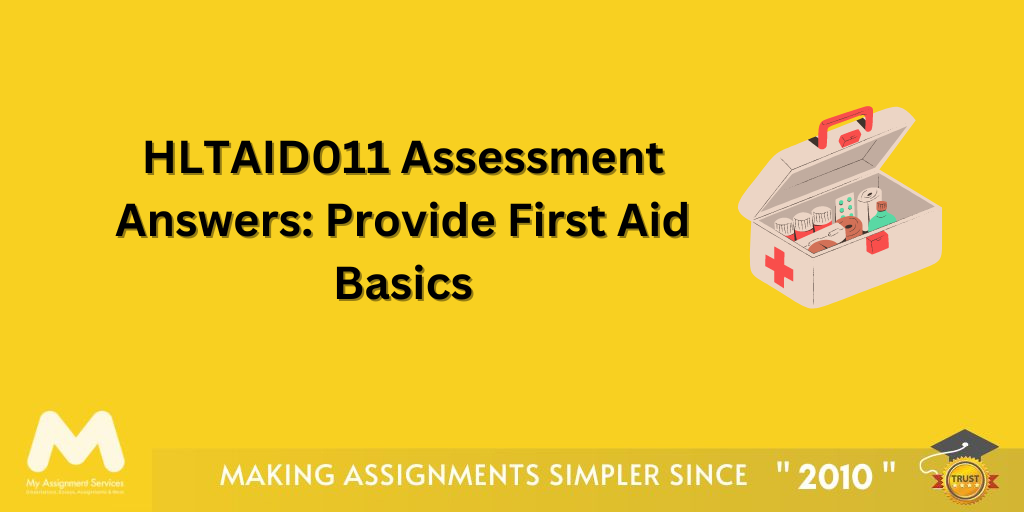

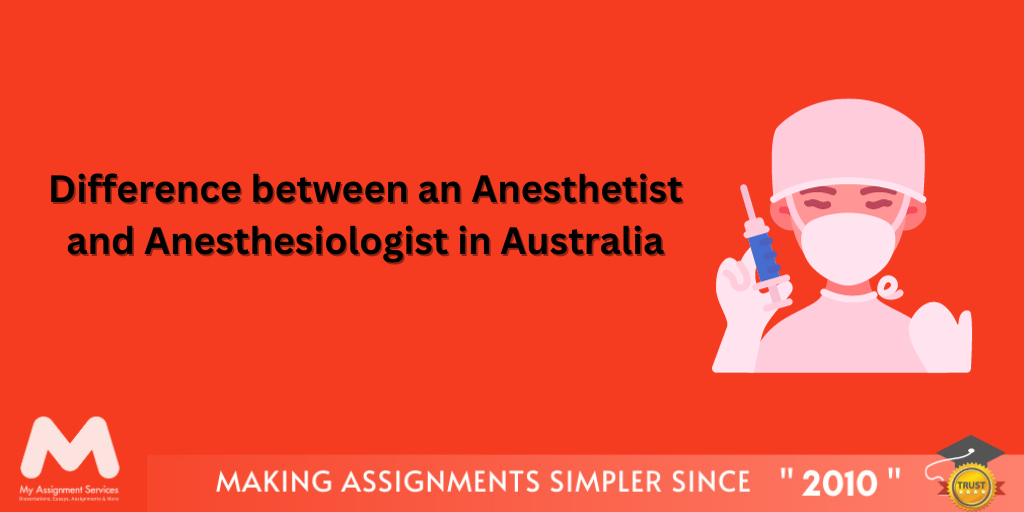





Loved reading this Blog? Share your valuable thoughts in the comment section.
Add comment